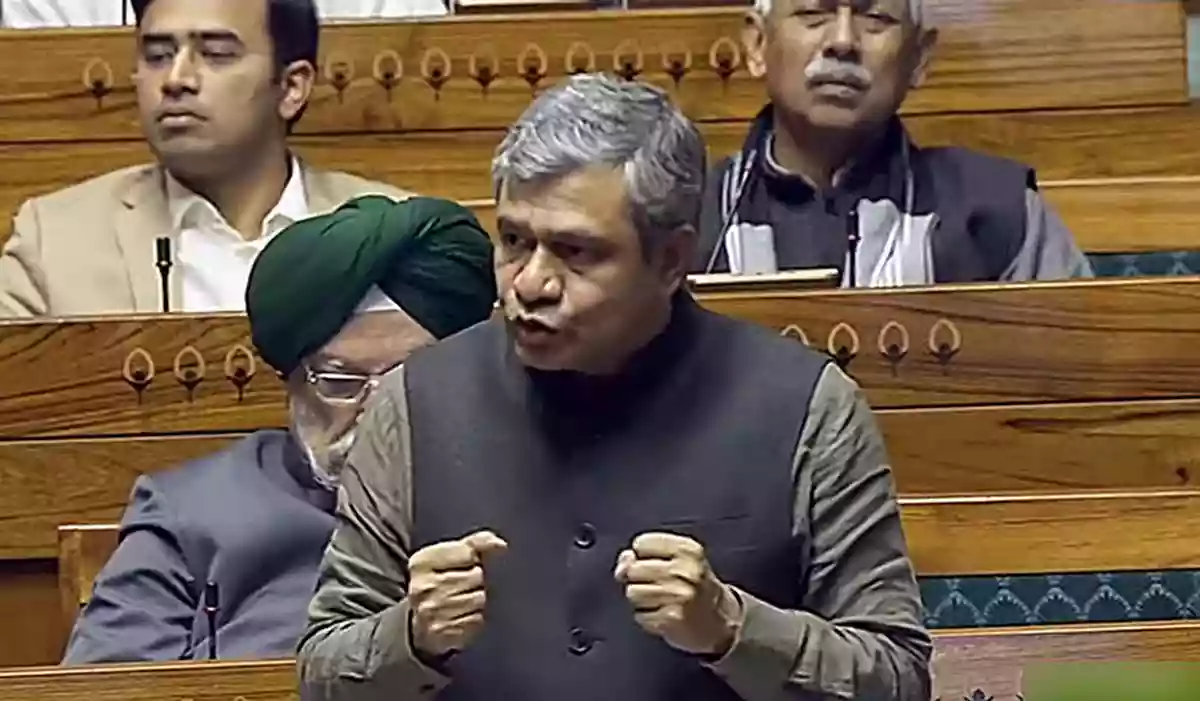2 arrested as Gujarat family held hostage in Bengal over ₹15 lakh ransom for fake passports
.gif)
.gif)

The Lok Sabha has given the nod to the Telecom Bill 2023, empowering the government with temporary control of telecom services for national security reasons. The bill, passed by a voice vote, introduces a non-auction route for satellite spectrum allocation and allows the government to take possession of a telecom network during a public emergency or for public safety.
Opposition members, mostly suspended, were absent during the short debate. Communications Minister Ashwini Vaishnaw asserted that the bill aims at structural reforms in the telecom sector.
The bill aims at making the current licensing regime for telecom networks easy by means of heading towards an authorization system. The telecom department, at present, issues over 100 forms of registrations, permissions, and licenses. The bill aims to combine many of these in one single authorization process.
For allocating spectrum to entities, auctions are still going to be the usual norm. However, apart from satellite communications, for sectors like community radio, metro rails, police, railways, and defense, administrative allocation is what is going to happen.
Additionally, the bill permits the government to actually take back spectrum that remains unutilized for several reasons. The bill also makes trading, sharing, and leasing of spectrum easier. Through the bill, entities will be enabled to surrender the unused spectrum. However, the government will not be providing any payment to them for it.
Here comes another important change. The bill authorizes the state and the central governments to seek disclosure, interception, and suspension powers in situations of public emergency or safety reasons. The press messages, however, have been exempted from interception. However, the press messages can be intercepted for national security reasons.
The bill also authorizes the central government to hold control and management of the telecommunication services and networks in war events or the interest of national safety.The bill also proposes eligibility requirements for the Telecom Regulatory Authority of India (TRAI) chairperson to be selected from the private sector.